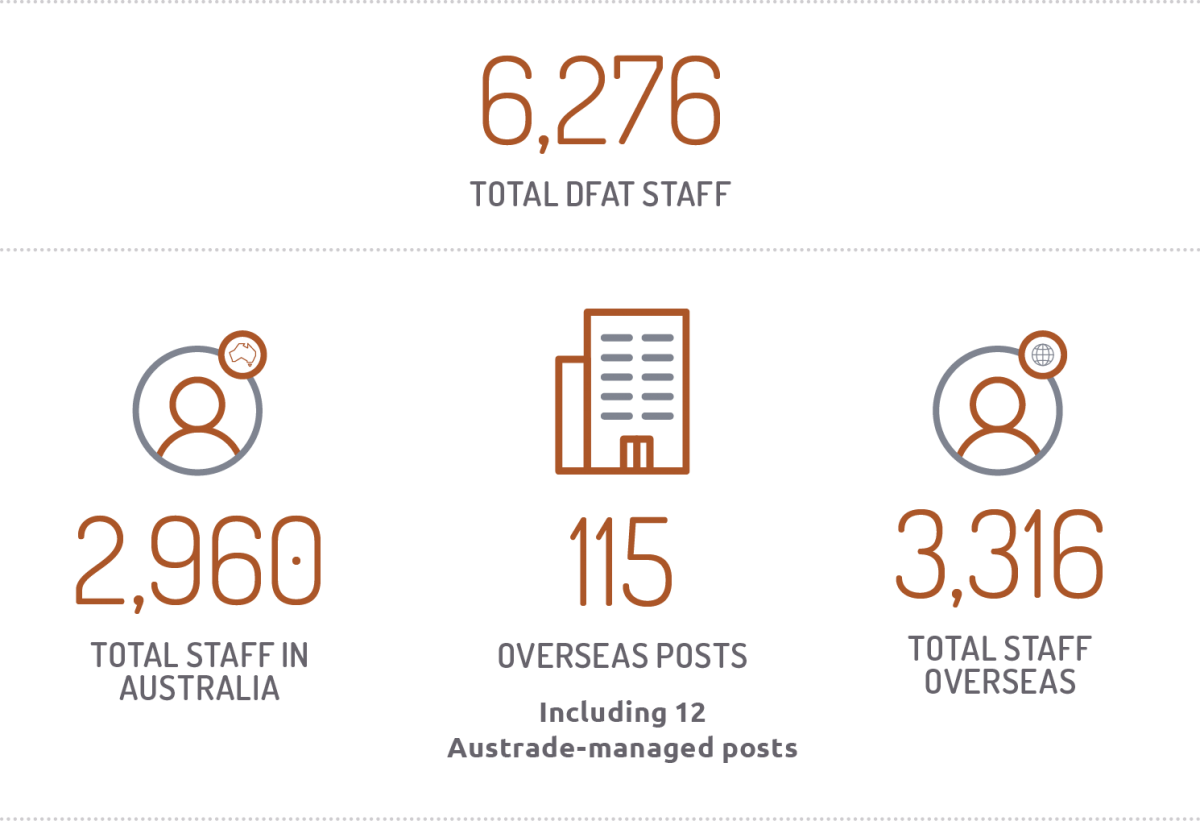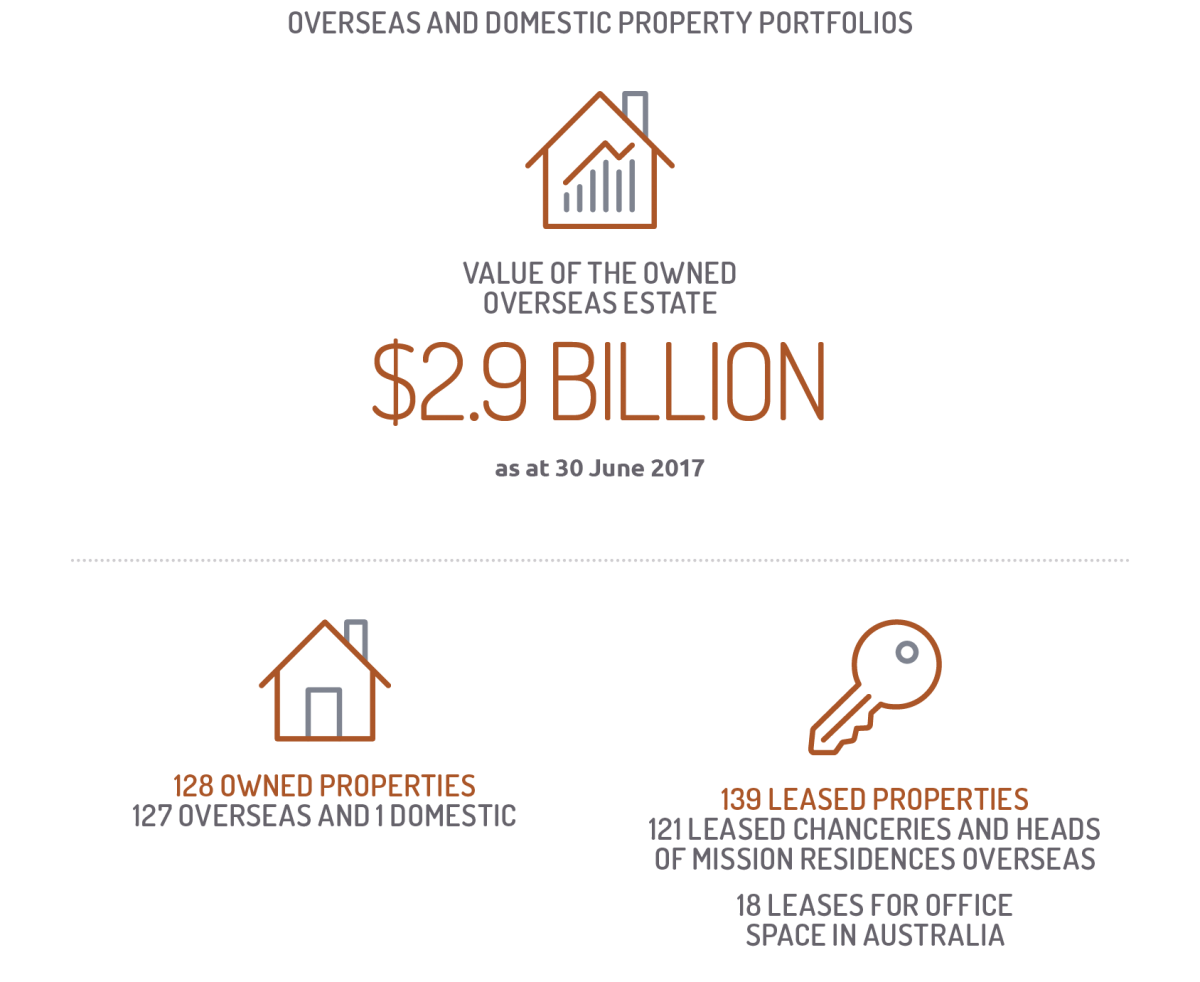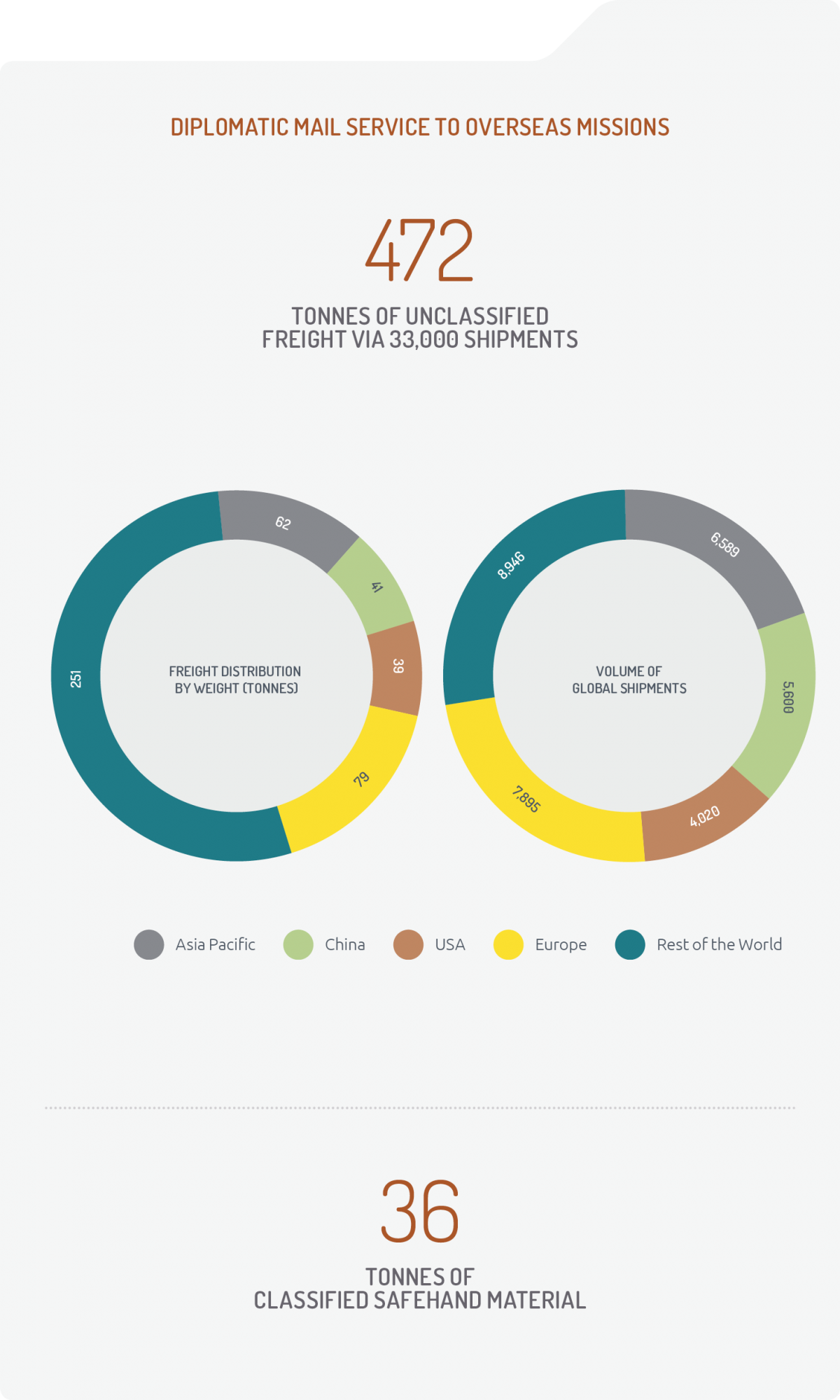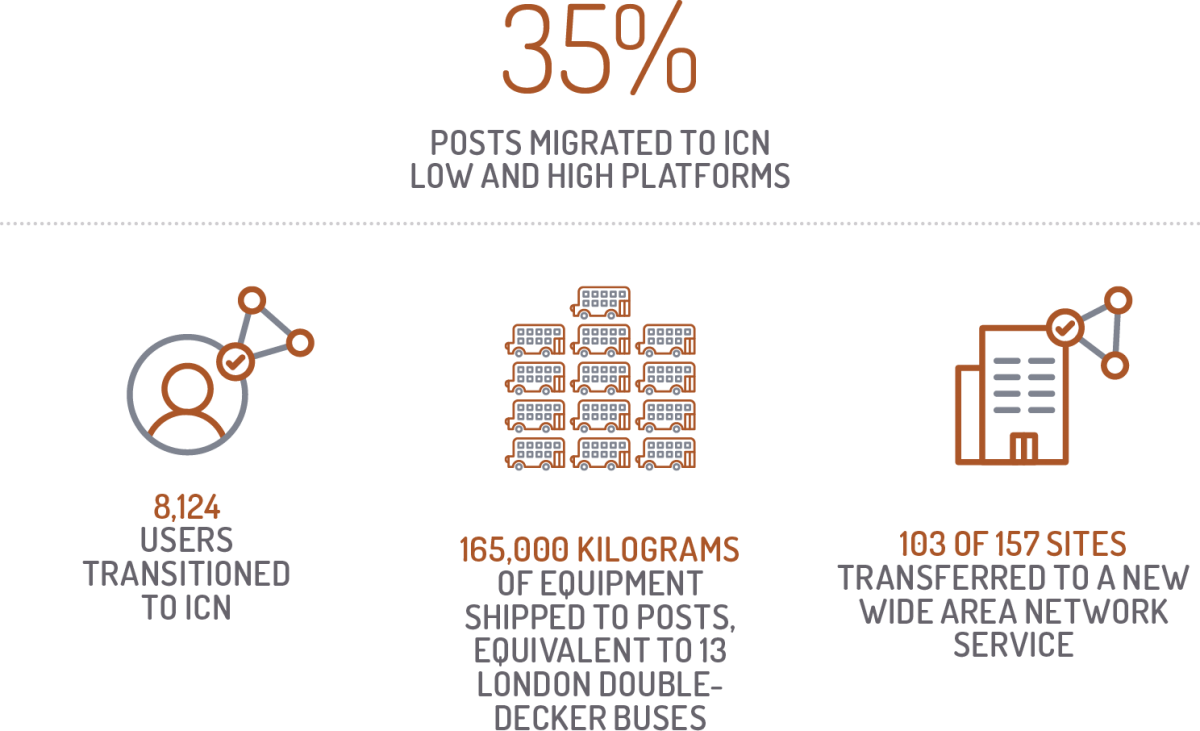The department’s strong security culture and the quality of advice, the effectiveness of mitigation strategies and the timeliness of responses to international security incidents based on considered threat and risk assessments.
Regional Security Advisers
![First Secretary and Regional Security Adviser Stuart Bulloch (3rd from left) with Security Manager Brendan Fernandes and KK Security and Mondial K9 security staff Peter Omindi, Nicholas Mitau, David Wanjala, Dominic Kyeki, Sanet Ababu, and explosives ordinance detection dog “Rango”, at the Australian High Commission, Nairobi, 30 June 2017. [DFAT/Daniel Kamau] Regional Security Adviser Stuart Bulloch with Security Manager Brendan Fernandes, KK Security and Mondial K9 security staff, and explosives ordinance detection dog “Rango” at the Australian High Commission, Nairobi. [DFAT/Daniel Kamau]](../../../wp-content/uploads/2017/10/129-1280x960.jpg)
Regional Security Advisers
Regional Security Advisers (RSAs) are a key resource for the department. They provide expert security advice at posts in Kabul, Baghdad, Islamabad, Jakarta, Port Moresby, Amman, New Delhi, Beijing and Nairobi. RSAs work to mitigate security risks at posts in line with the department’s security goal, and their presence supports and facilitates the delivery of a secure work environment.
RSAs analyse developments that might affect the security of staff and families as well as government assets, operations and information. They manage vulnerability and risk assessments of posts and post activities, undertake physical security inspections and recommend any necessary mitigation measures. They assess a mission’s policies and procedures and build close, professional relationships with host government security agency counterparts.
While the threat environment in Africa varies greatly from country to country, staff face a range of threats, including terrorism, serious and violent crime, kidnap for ransom and civil disorder.
Our Africa-based RSA, Stuart Bulloch, commenced in Nairobi in late June 2016 following a significant change in the threat environment across the continent. He travelled regularly to missions in Accra, Abuja, Addis Ababa, Harare, Port Louis, Pretoria as well as Rabat. His position is a practical representation of the hub-and-spoke model, where the department delivers core corporate services from regional hubs.
Stuart’s work involved strengthening local relationships with security counterparts, improving the security culture of local staff through targeted awareness and enhancing the capability of the local security guards. Stuart coordinated security arrangements for the construction of the new Australian High Commission in Nairobi and provided valuable reporting on security issues to the department in Canberra.
Through the RSA program we can provide contextual and timely expert security advice which then allows diplomatic staff to focus on their priority objective of advancing Australia’s national interests abroad.








![The new Australian Embassy, Bangkok, Thailand, 22 June 2017. [Daniel Londono] The new Australian Embassy in Bangkok, Thailand. [DFAT/Daniel Londono]](../../../wp-content/uploads/2017/10/130-1280x960.jpg)